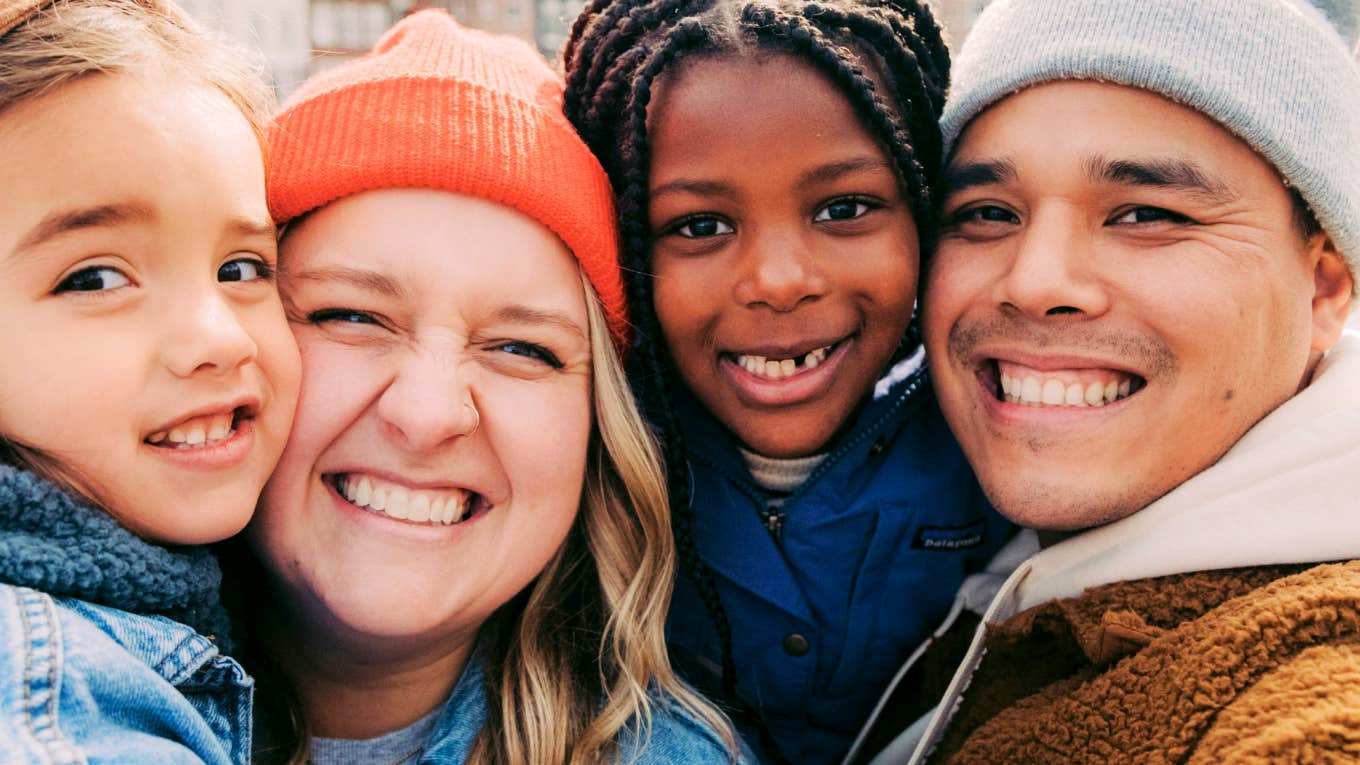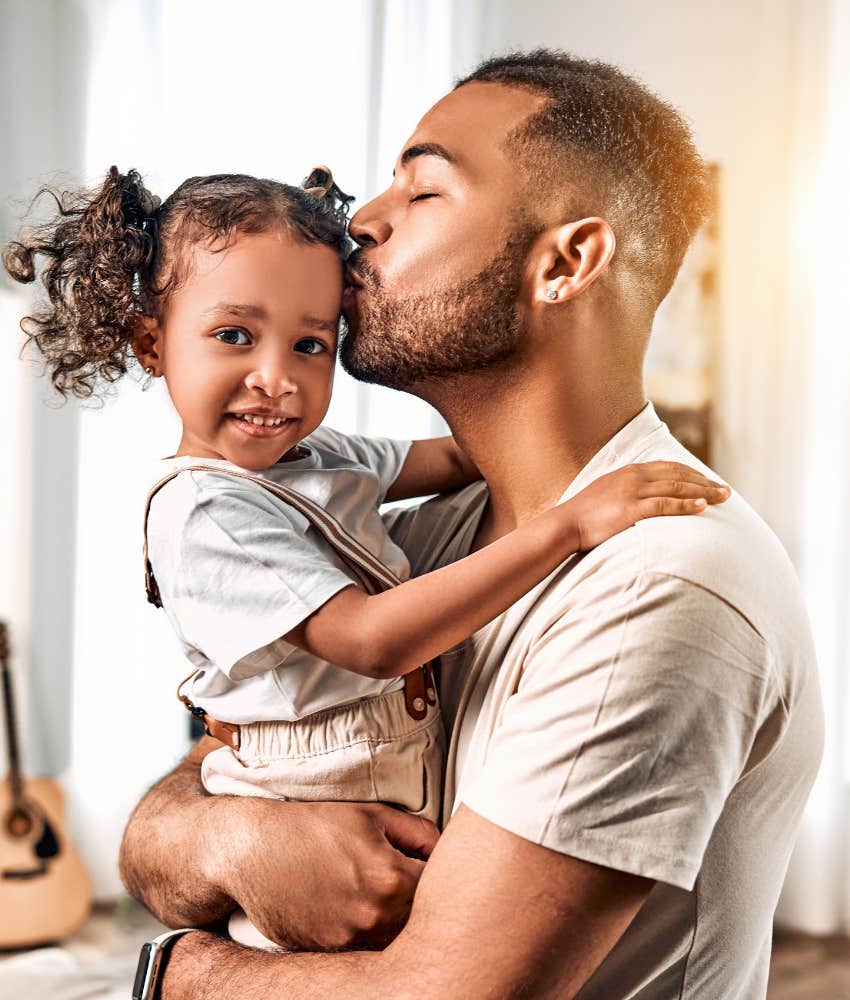The Most Effective Way To Raise Honest, Empathetic Kids, According To Research
Once children feel safe, they are more comfortable opening up and being honest.
 Colin + Meg | Unsplash
Colin + Meg | Unsplash It was quite shocking as a nanny to see how many young children lie so quickly and easily. It posed the question: “What prompts a small child not to tell the truth when asked?” For the answer, I had to look within because I am no different than that child. The answer was, “The past prompts the decision to lie.” Lies stem from fear.
Patterns are created early in a child’s life. One negatively reactive response by a parent to a child’s action starts a pattern.
Example: “You broke my favorite vase! Go to your room now!” That reactive response by a parent is the past that creates the future. The past pattern will crop up the next time a child does something that goes against the parent’s wishes.
Additionally, the past pattern will unconsciously speak to the child and prompt the need to lie if a parent asks something like, “Who spilled the milk all over the floor?” Past patterns are laced with fear. "To trust you is to tell you," explained 2010 Cambridge University research on the role of trust in adolescent-parent relationships.
The reactive pattern of blaming, accusing, and punishing a child creates a self-protecting, yet truly destructive, desire to lie.
The child, in no way, feels safe to be honest if a parent speaks with an angry and reactive response.
A reactive response is a fearful response, which will be met by the same fearful response in the child, the need to lie to protect themselves. To break this old pattern, there has to be space given to the child in an unwanted moment. A study in the Journal of Marriage and Family showed "The effects of negative parenting are accentuated among children with temperamental vulnerabilities."
 Harbucks via Shutterstock
Harbucks via Shutterstock
Here’s an example from my experience: A 5-year-old said, “My sister pinched me.” I asked her sister to come and see me. I asked her if she had pinched her sister, and she said no.
I noticed she diverted her eyes when she was asked the question. I asked her to please look me in the eyes when answering the question, and I asked the question again. Once again, she diverted her eyes and said no.
At that point, I realized I needed to check within myself to be aware of the part of me that was asking the question. Was I asking with an undertone of subtle accusation, or was I giving her space to be honest without judgment?
I took a deep breath and worked to be in the moment with her. I asked her once again if she had pinched her sister. This time, she kept her eyes on me and answered yes.
I paused, then said, “Yes, thank you for being honest.” I asked her if there was anything she wanted to say to her sister. She turned to her sister and said, “I’m sorry.”
Even if she hadn’t wanted to say anything to her sister, that would have been OK, too.
Giving a child the space to choose, instead of forcing them to do something you want them to do, allows them to "be" with their choice, allows them to learn from it, and builds trust to be an honest human being.
A study in the Journal of Adolescence suggested "positive parental practices may prevent adolescents' lying."
It boils down to being aware of how you are speaking and responding in every moment.
We need to keep our hearts open. We need to give our children what we wish to be given. By being aware of the present moment and giving our children our full and undivided attention, we create a safe space for honesty with them. Dishonesty lives in the past, as explored by a 2003 study in Social Development that found a generational link between hostile parenting and children's negative emotional reactivity.
If we were truly honest with ourselves in trying moments with our child, we would say, “I honestly don’t know what to do here.” By opening ourselves up with honesty and accepting unknowingness, we invite something new that knows exactly what to do. Our understanding comes from the heart.
Terri Knuth is a writer who focuses on parenting, family, and relationships.

